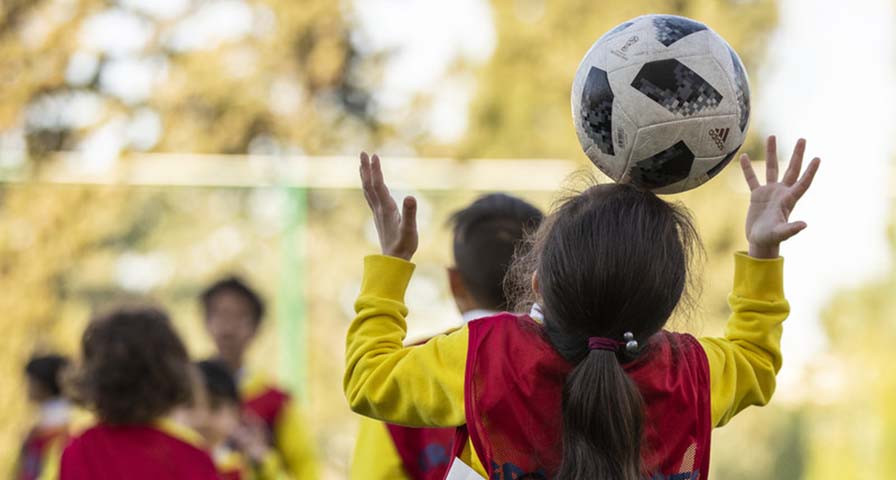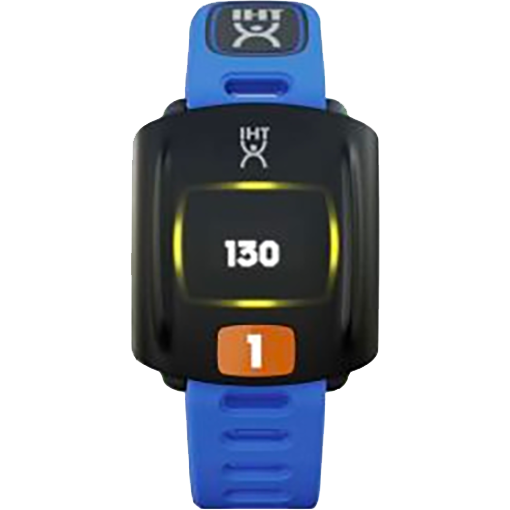Originally published June 1, 2019 in the EU Observer.
The new FIFA 2.0 vision aims to promote the game of football and bring it to all.
It is FIFA’s aim to make football more accessible for boys and girls around the world and to promote important life skills through the sport.
But it cannot do this alone: global solutions require global partnerships. Joining forces with leading international organisations is the key to achieving this objective.
 While attending the World Economic Forum in Davos in January this year, FIFA president Gianni Infantino, UNESCO director-general Audrey Azoulay and World Food Programme (WFP) executive director David Beasley put pen to paper to sign a letter of intent to strengthen the collaboration between the three organisations in support of their common objective.
While attending the World Economic Forum in Davos in January this year, FIFA president Gianni Infantino, UNESCO director-general Audrey Azoulay and World Food Programme (WFP) executive director David Beasley put pen to paper to sign a letter of intent to strengthen the collaboration between the three organisations in support of their common objective.
The most effective and efficient way to engage young people in sport is through schools. That is why FIFA is launching the Football for Schools Programme.
The FIFA Football for Schools Programme will benefit from UNESCO’s long-standing experience in education and sport as well as the WFP’s logistical expertise and the success of its school feeding programme, which is run in more than 100 countries.
School feeding helps to ensure that every child has access to education, health and nutrition by providing meals during school hours – an important basis for sport and physical education.
FIFA itself has an extensive track record in football development.
The programme aims to contribute to the development, education and empowerment of children and to bring the game to youngsters of all ages in a playful way by incorporating football activities into physical education curricula (or as an extracurricular pursuit).
In this way, FIFA also hopes to help achieve several United Nations Sustainable Development Goals: SDG 3 (good health and well-being), 4 (quality education), 5 (gender equality) and 10 (reduced inequalities).
FIFA Football for Schools follows a two-tier approach encompassing the promotion of physical education and life skills messages.
The programme has been developed to support teachers through the provision of education and instructional materials.
Online tool kit
An online tool kit, including apps and an online platform, will provide hours of age-appropriate football activity for physical education lessons. In total, 120 sessions have been designed to let children experience the joy and fun of the game as well as learn the values of football and sport in general.
The programme is intended to complement the efforts of teachers and advance education outcomes, thus assisting governments in achieving their educational goals.
It encourages the use of simple game formats.
These games can include exercises and activities to improve technical and tactical development, but more importantly, they should provide children with an opportunity for social interaction in a fun and friendly environment. FIFA’s philosophy is to develop the child first and the player second, and to use football to provide a school for life.
In addition, as part of this initiative, 11m footballs will be distributed to schools in the territories of FIFA’s 211 member associations. This way, FIFA aims to reach more than 700 million children worldwide.
The programme will start with the roll-out of pilot projects in Africa, Asia and Latin America based on interest expressed by national associations and the specific local sporting and football conditions in the respective countries.
FIFA has allocated a budget of $120m to the programme, which will run until 2022.
Seeking IHT Spirit System information?




